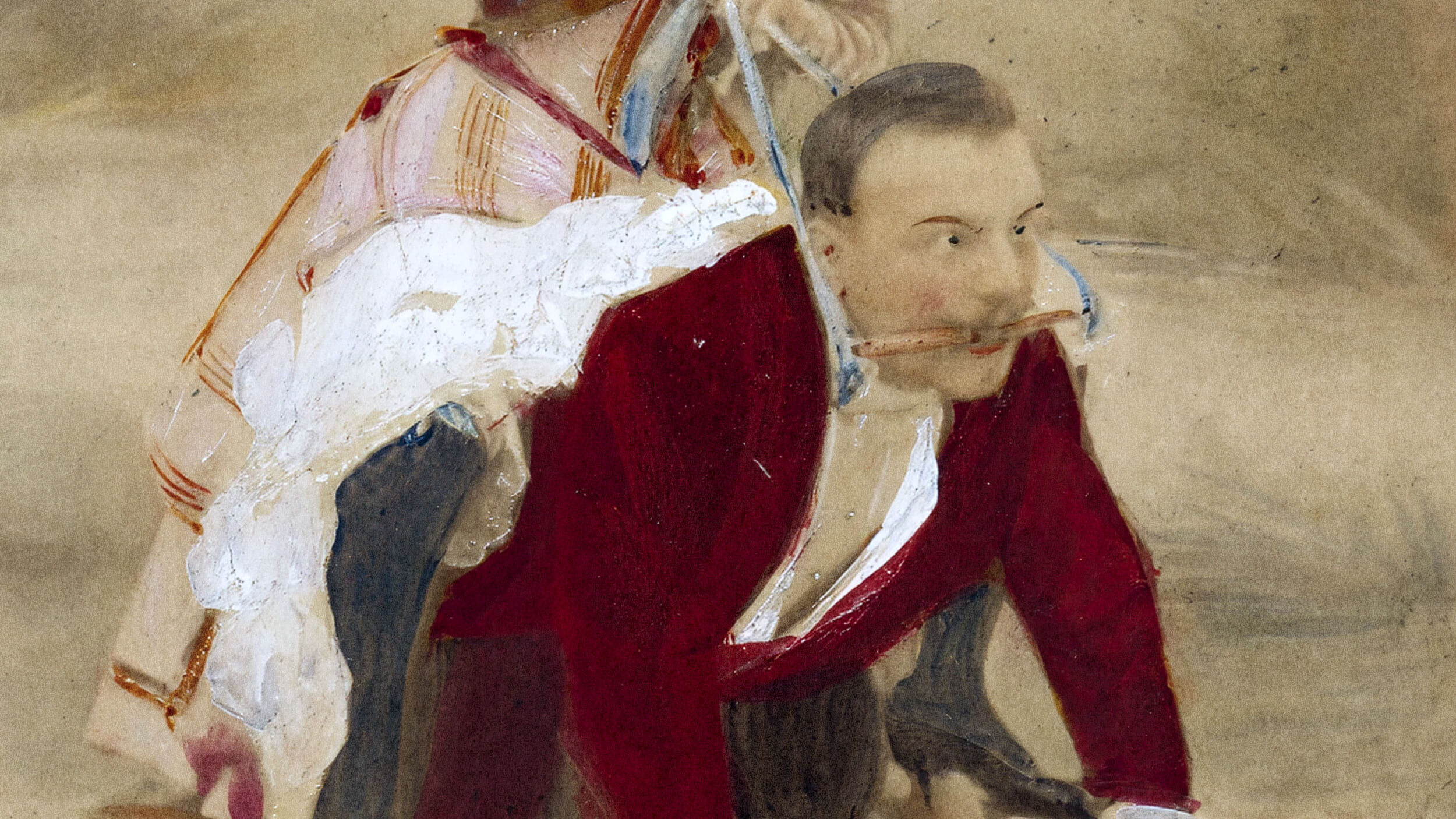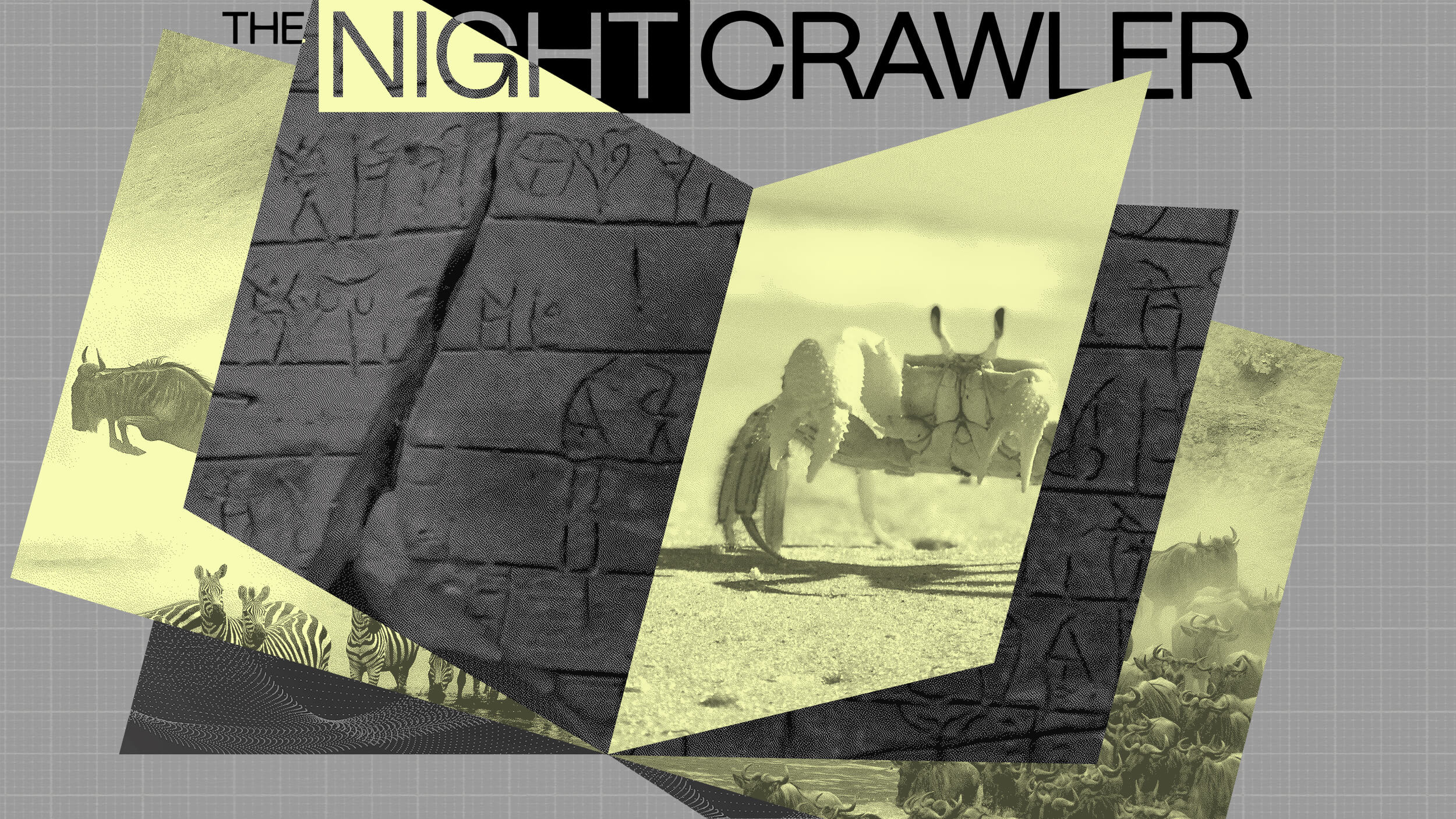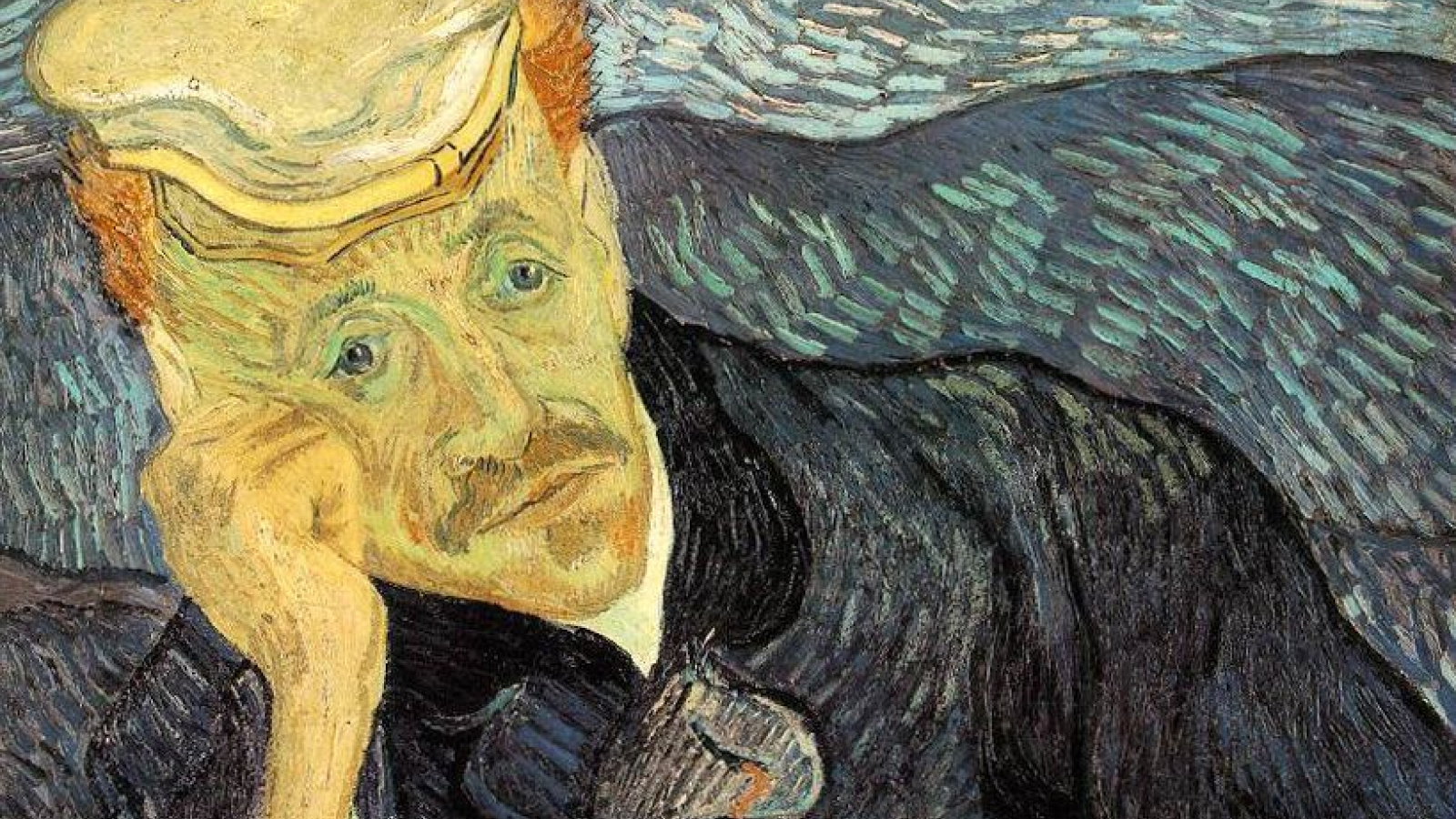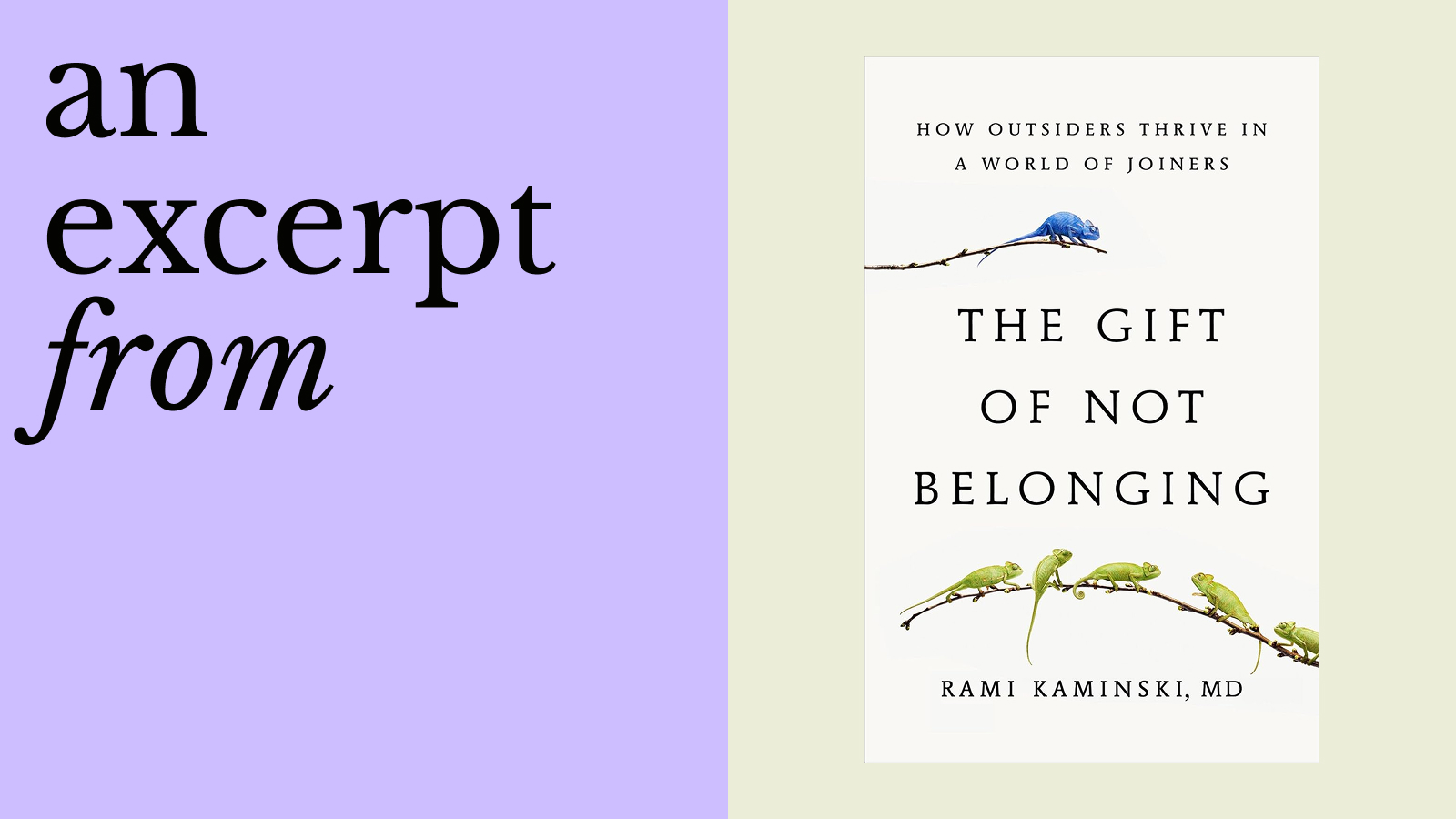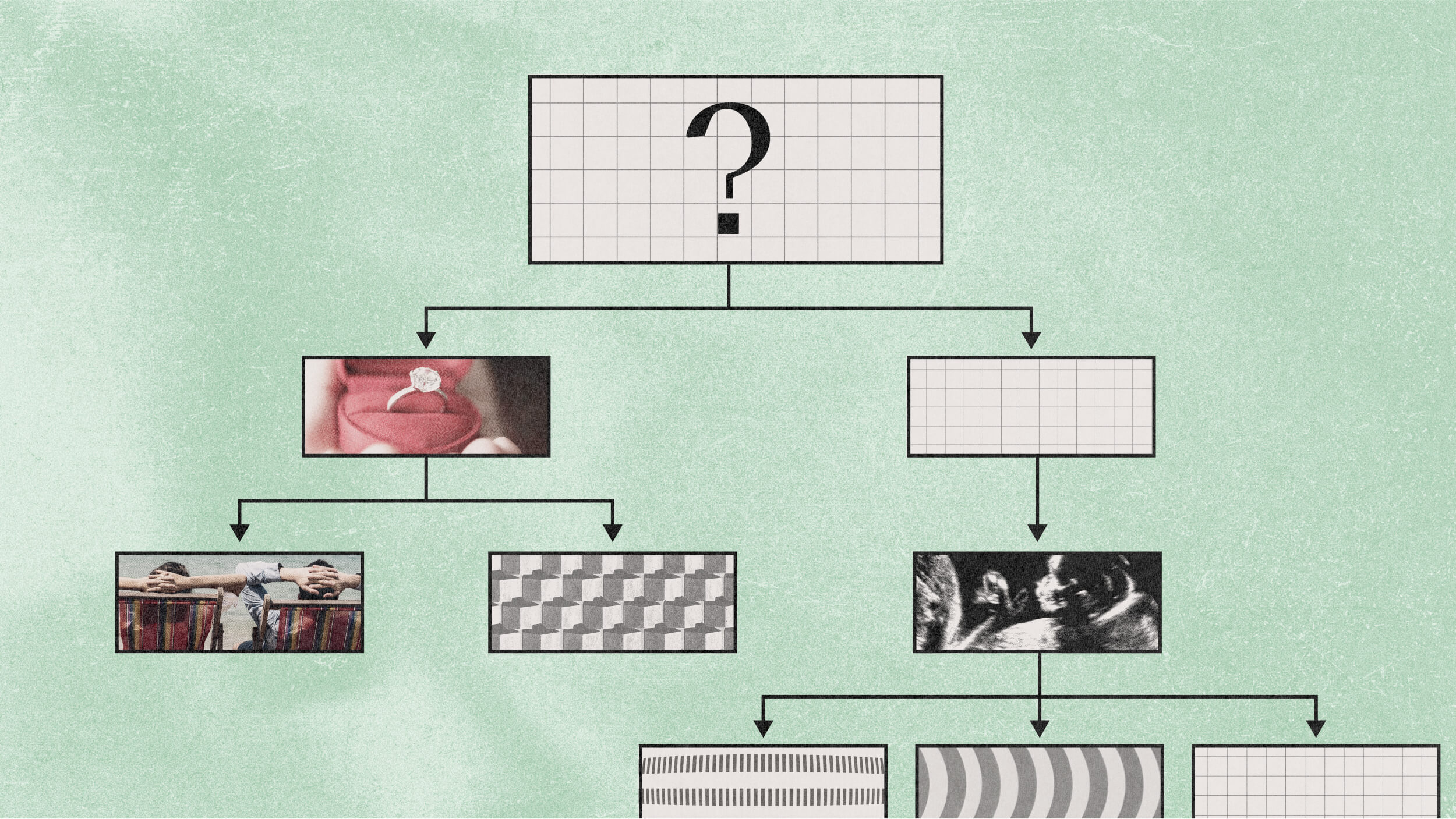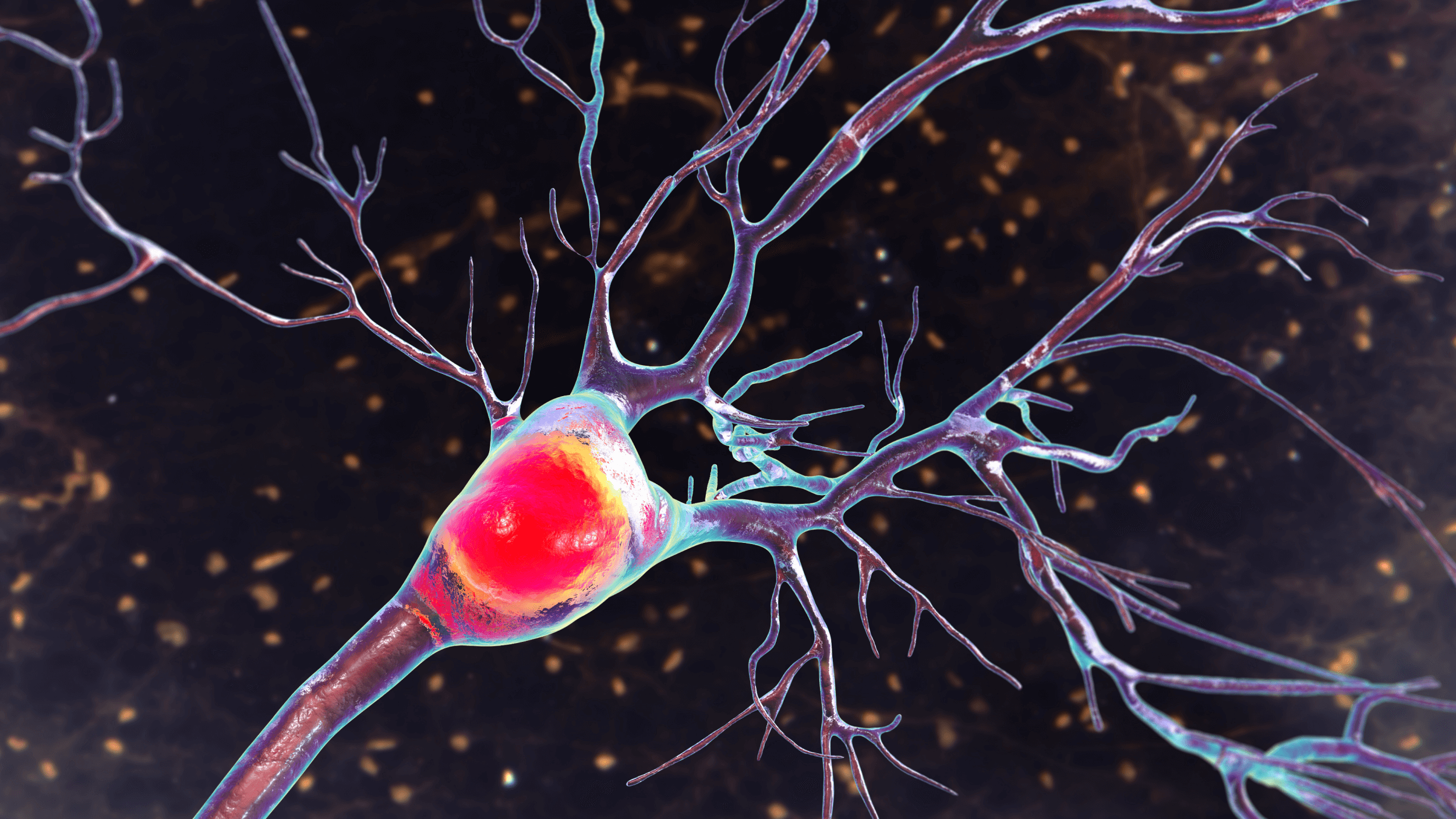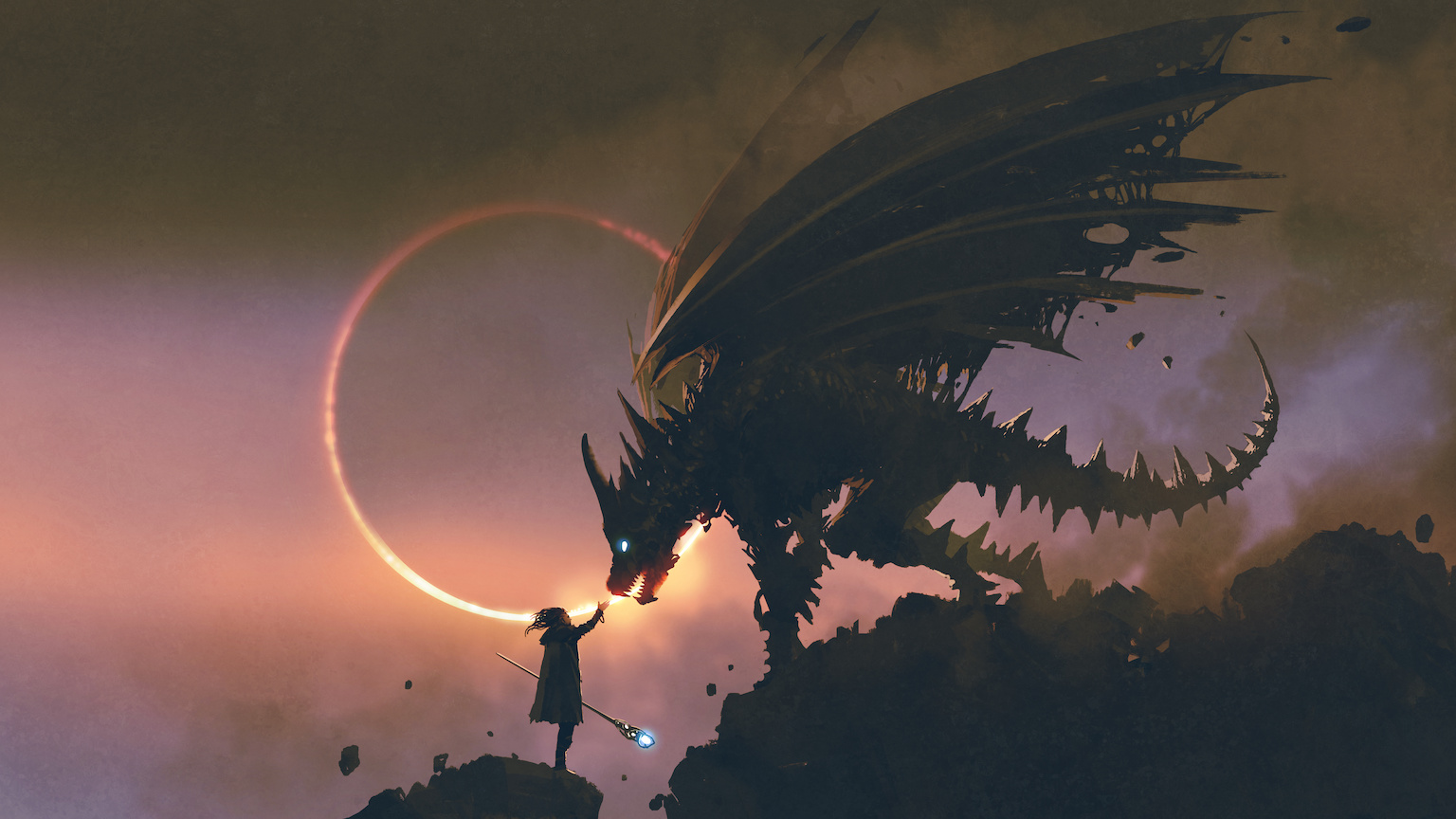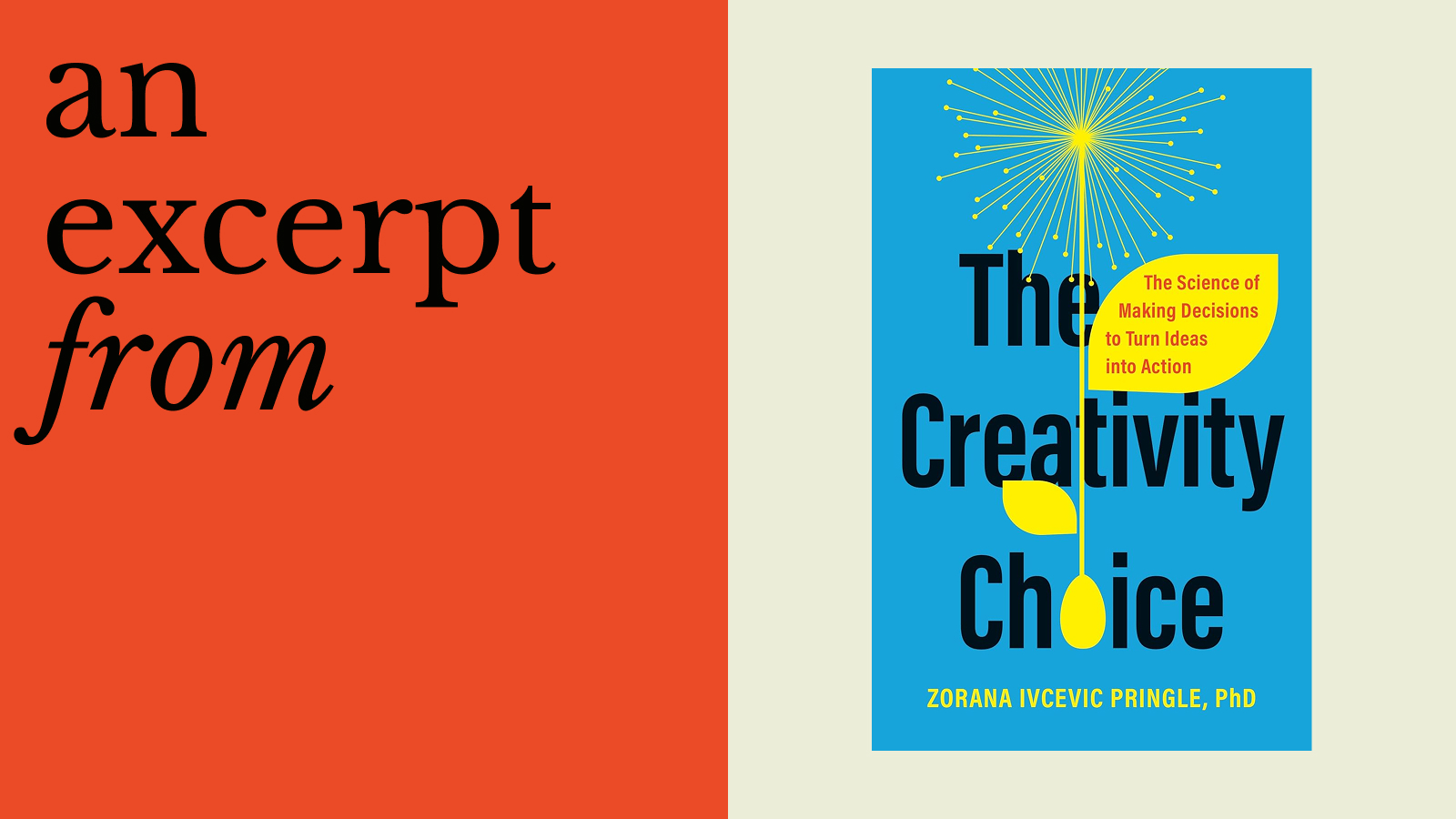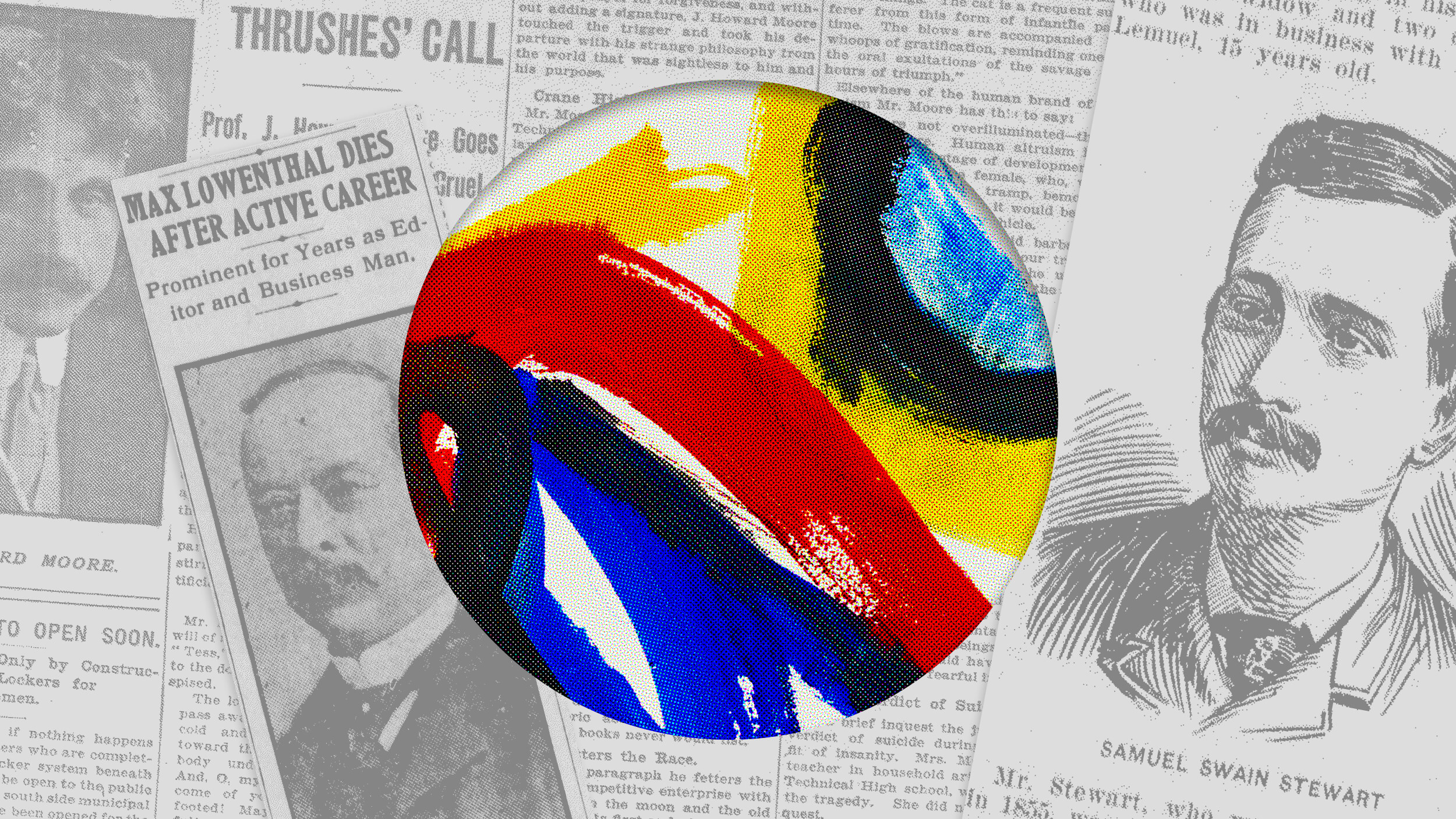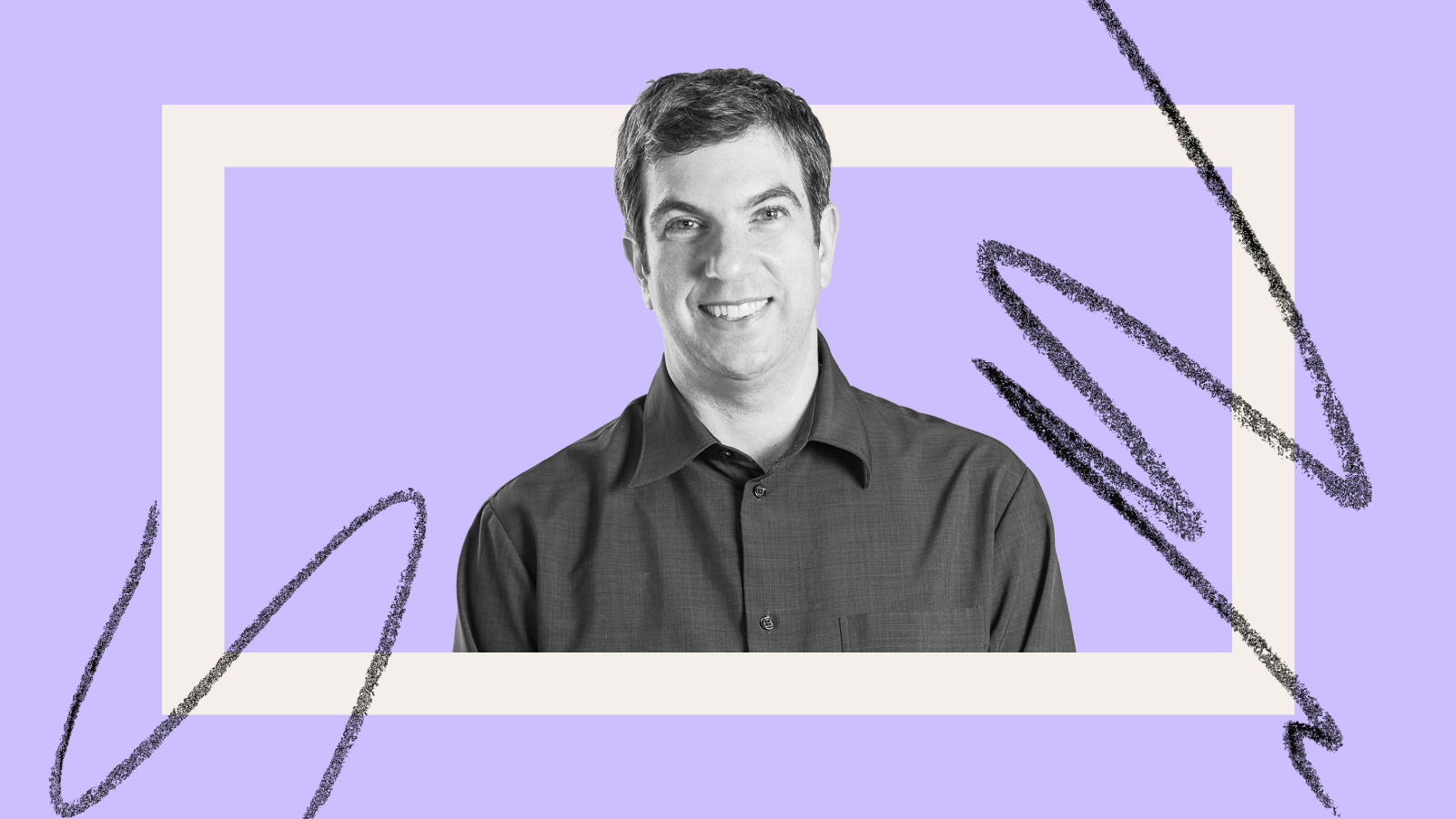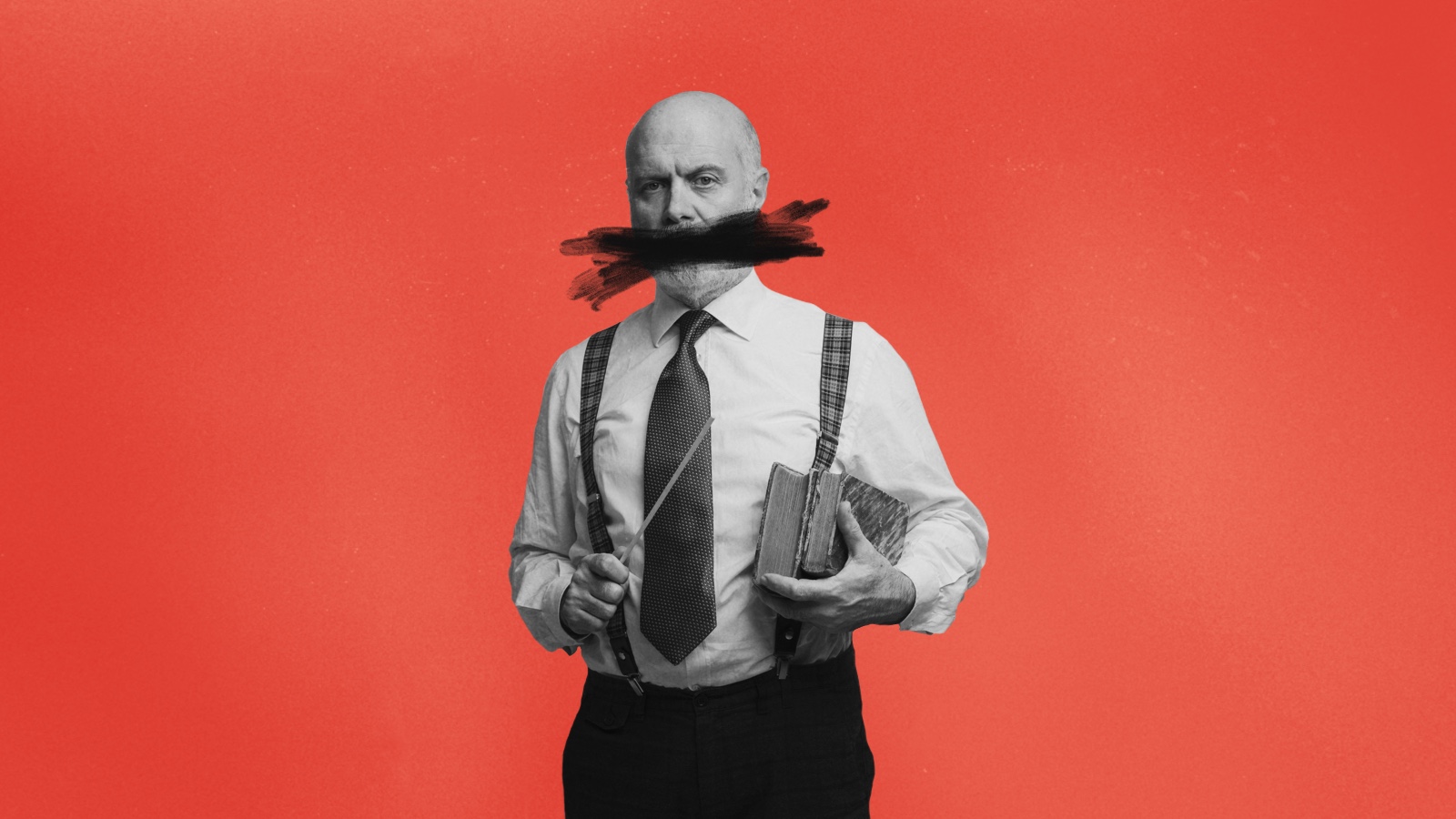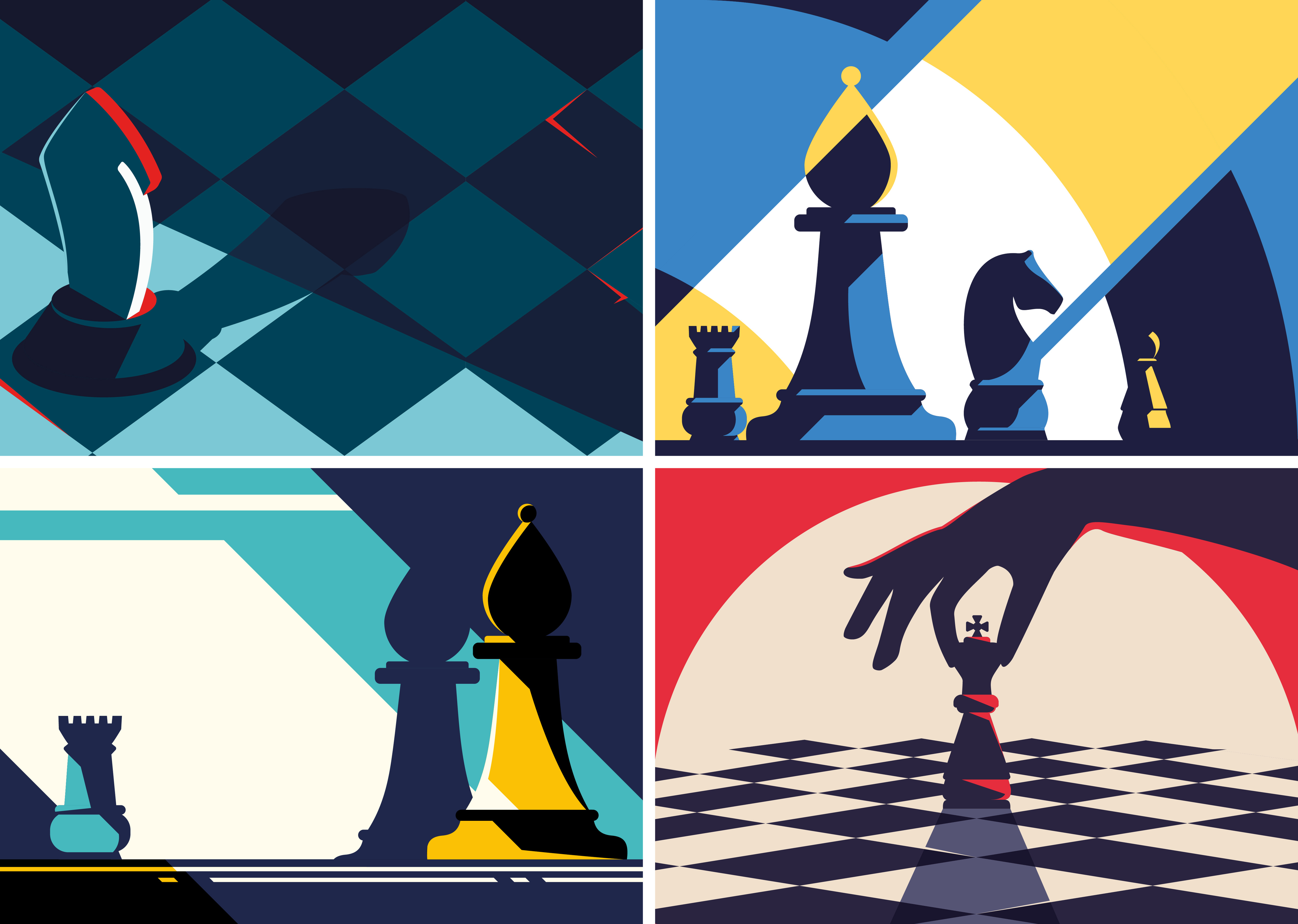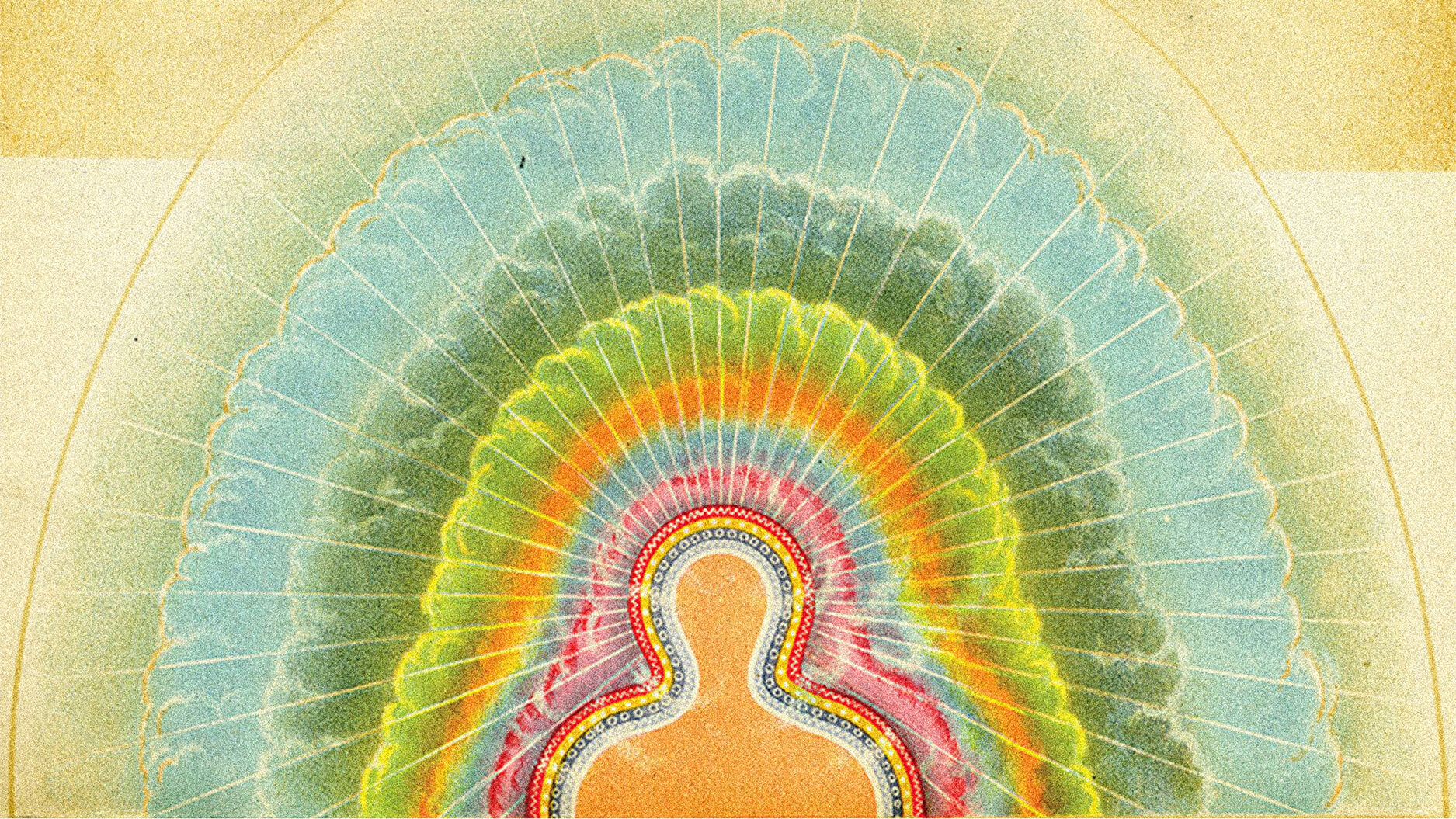psychology
Our minds crave simple, linear narratives. But society rarely follows a straight line.
Author and geopolitical strategist Paulo Cardoso do Amaral urges us to ask: Will we shape AI with wisdom, or will AI reshape us with strategy?
The psychologist, educator, and former NBA player discusses the professional volumes and childhood stories that shaped his life and his approach to it.
You might love your leadership role and inspire fierce loyalty — but what if that comes at the expense of a disastrous balance sheet? Here’s a way forward.
It makes no sense to talk about a “religious life” and a “public life” — there is just life.
Stuck on a hamster wheel of mindless social media scrolling? Neuroscientist Anne-Laure Le Cunff explains how to consciously redirect your reward system.
It’s something to wrestle and live with, says behavioral scientist Arthur Brooks.
How deep is your kink?
Welcome to The Nightcrawler — a weekly newsletter from Eric Markowitz covering tech, innovation, and long-term thinking.
In “Human History on Drugs,” Sam Kelly explores what the research can tell us about one of history’s most brilliant — and troubled — artists.
A mid-flight scare reveals how embracing death can bring purpose and meaning to everyday life.
Here in 2025, many of us claim to come to our own conclusions by doing our own research. Here’s why we’re mostly deluding ourselves.
In “The Gift of Not Belonging,” Rami Kaminski explains why group consensus may hinder the original thinkers who help advance society.
Annie Duke, a poker champion turned decision scientist, talks with Big Think about how to choose well under uncertainty.
For his new book, “The Ghost Lab,” Matt Hongoltz-Hetling spent time with paranormal investigators to understand their relationship with science and society.
The “primacy/recency effect” is used by celebrated movie-makers, Broadway composers, and restaurateurs — it can work for you too.
How we handle grief largely depends on our worldview. Here is how three famous philosophers handled the certainty of grief and despair.
The marketing guru outlines the current state of brand-building — and highlights four outstanding opportunities for the immediate future.
Many, from neuroscientists to philosophers to anesthesiologists, have claimed to understand consciousness. Do physicists? Does anyone?
According to Tolkien, fantasy requires a deep imagination known as “sub-creation.” And the genre reflects a fundamental truth of being human.
Nurture your passions instead.
Andreessen Horowitz cofounder Ben Horowitz thought that “blowing sunshine” was the right way to handle pressure — here’s how he corrected his mistake.
Reading obituaries can boost creativity by exposing you to distant ideas, fueling the associations that lead to unexpected breakthroughs.
A.J. Jacobs looks back at what he learned about religion, himself, and modern American culture during “The Year of Living Biblically.”
“For every PhD there is an equal and opposite PhD.”
Grandmasters and drug dealers have one thing in common: They are many steps ahead of their rivals.
From religious iconography to modern mysticism, the human aura has been a subject of fascination across centuries and cultures.







